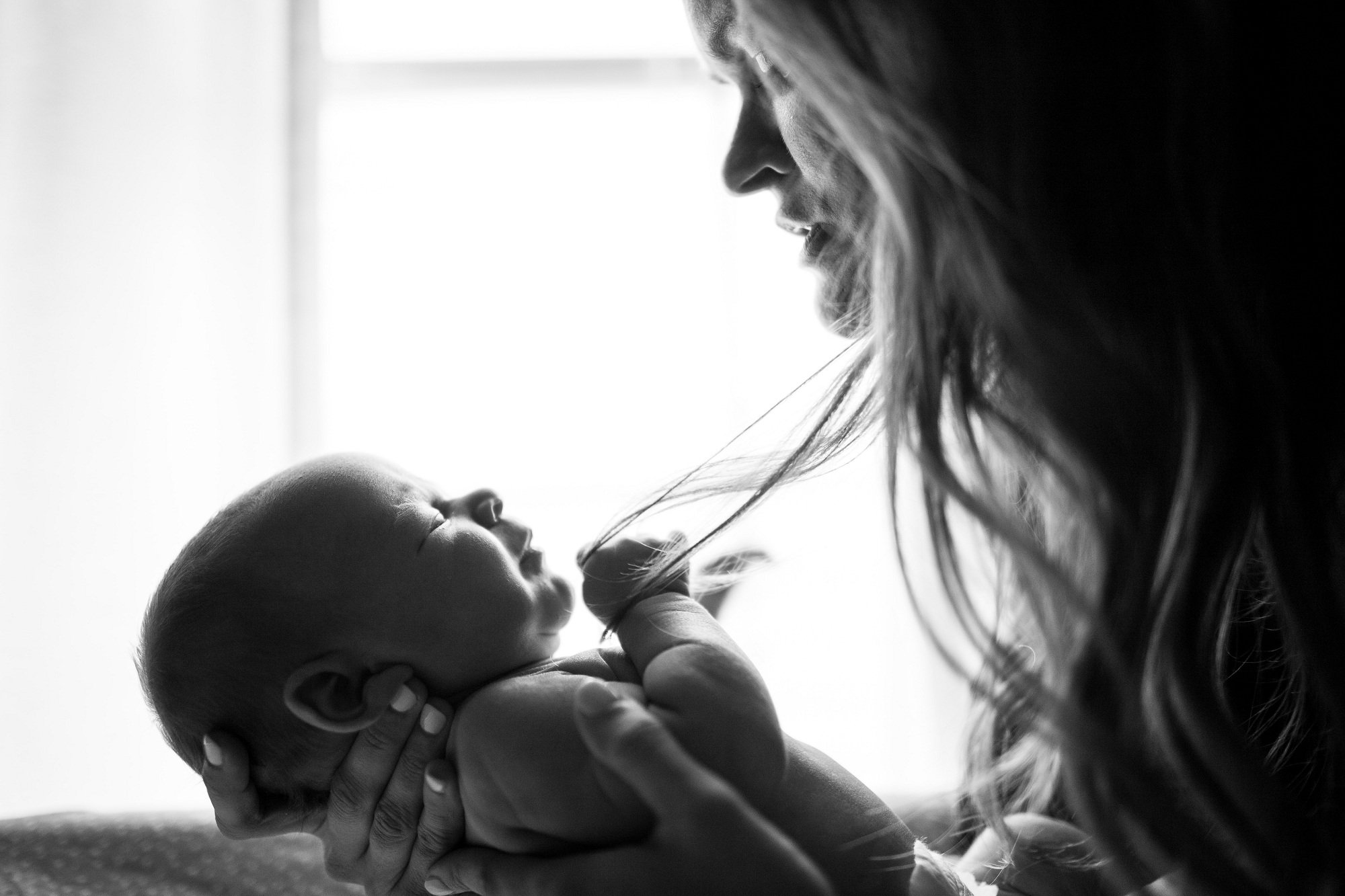1 in 4 women describe their birth experience as traumatic, however there are many misconceptions about birth trauma that contribute to preventing mothers and fathers from getting the support they need for recovery. Here we explore 10 common myths about birth trauma.
-
Myth: Trauma can only be experienced if birth was life threatening
Fact: We tend to think of trauma as a life-threatening event, for example a motor vehicle accident, whereas the truth is that trauma is subjective, personal and individually determined. Trauma is the response to a deeply distressing or disturbing event that results in overwhelm of the individual’s capacity to cope, causing feelings of helplessness. There may or may not be physical harm involved, but typically involves loss of control, betrayal, abuse of power, pain, confusion, and/or loss. So in a nutshell, trauma does not have to involve life threat, birth trauma included.
-
Myth: Only mothers can experience birth trauma
Fact: Partners can too. In fact, anyone who was in the room can experience trauma from a birth, including other supports and care providers. Those that witness a deeply distressing or disturbing event that involves loss of control, betrayal, abuse of power, pain, confusion, and/or loss, also have the potential of experiencing trauma from that event. Trauma does not discriminate between those who experience an event and those that witness it happening to someone else. In fact, it is possible for a partner or caregiver witnessing a birth to experience it as traumatic when the birthing mother herself doesn’t. Some studies have found witnessing or the experiencing of others’ trauma in some circumstances may involve more vivid memory formation, thus increasing the potential for more memory intrusion and increased negative arousal to the intrusive memory.
-
Myth: Trauma manifests in thoughts and emotions, so if I control those, then I’m resolving my trauma.
Fact: Yes, trauma manifests in thoughts and emotions, but also in the body, in our behaviours, and in our relationships. Sometimes the symptoms of trauma may not be in our conscious thoughts or emotional awareness, but rather felt in our body for years after the event, through persistent pain or illness affecting our behaviours and relationships. Digestive issues, headaches, backaches, muscle tension, muscle spasms, breathing difficulties, jaw tension are all just a few. We may learn to compartmentalise our birth experience so that our thoughts and emotional responses are controlled, but the body remembers.
-
Myth: Trauma symptoms occur within weeks after birth
Fact: For some, trauma symptoms may start within weeks of a traumatic birth experience, but for others symptoms may not appear until years later. Related difficulties such as depression or physical health problems may also manifest years after the experience.
-
Myth: Birth trauma disappears over time
Fact: For some it may, but for most individuals traumatic events are unprocessed. An association between the birth experience and distressing thoughts or behaviours is built, particularly for those who develop PTSD from their traumatic birth experience. These may reduce over time, but in reality we often get better at coping and compartmentalizing, not necessarily resolving the trauma itself.
-
Myth: Birth trauma involves labour and delivery only.
Fact: Birth trauma can encompass events that occurred before or after the birth of a baby also. This may include pregnancy such as pregnancy complications, lack of support, lack of caregiver communication, pressure for interventions. Or postnatally, including SCN/NICU admission, birth recovery, feeding difficulties, baby’s weight gain difficulties, mastitis, UTI, lack of pain management, dismissal of concerns, lack of support, etc. These lists are by no means exhaustive. Any event surrounding your birth that was deeply distressing or disturbing, with ongoing impacts, can be classed as birth trauma.
-
Myth: If my next birth goes well it will heal my birth trauma.
Fact: For some, subsequent positive birth experiences can bring a sense of achievement and empowerment following a traumatic birth experience. For others it may highlight the losses and trauma of the previous experience. As there is no way of telling how a subsequent birth may eventuate it is important that women seek to begin healing from their experience prior to their next birth. A repeated negative experience could greatly impact a mother’s emotional, physical and physiological well-being.
-
Myth: Rigid birth plans are the cause of birth trauma
Fact: Women who plan their birth can experience trauma. Women who don’t plan their birth can experience trauma. Birth trauma doesn’t discriminate in this regard. In fact, the ‘cause’ of birth trauma can’t be narrowed to one single factor across all women. Birth trauma is personal, individual and subjective, with a myriad of contributing factors.
-
Myth: Birth trauma isn’t treatable
Fact: Birth trauma is most definitely treatable. There are several evidence-based options for treating birth trauma, that help individuals address triggers, symptoms and daily negative impacts so they can be freed from their traumatic experience. The options for treatment will depend on the severity and type of symptoms, the person itself, their background, their current situation, as well as previous experiences of trauma. An integrative approach is option necessary and can include therapies such as Eye Movement Desentisation and Reprocessing therapy (EMDR), which works to support individuals in regaining control and moving beyond the impact of their birth experience.
-
Myth: In order to heal from birth trauma I need to relive my experience.
Fact: Some women want and need to walk through their birth experience time and time again in order to process events. Others can’t bear to think about their experience, let alone revisit it in details. Those that want to revisit their experience may find support groups, birth debriefings, and talk therapies valuable. For others, therapies such as EMDR may be better suited in it’s ability to resolve trauma without re-experiencing. There is no one way to recover from trauma. Recovery can be as personal as the event itself.
Birth trauma is real, and recovery is possible. Seek out specialist support and begin your journey toward healing.
Fiona Rogerson (B.Couns) is a registered Trauma and Perinatal Counsellor, and Hypnobirthing Educator. She works with women and men through trauma recovery, and in overcoming emotional and psychological hurdles surrounding conception, pregnancy, postpartum, parenting and identity. These may include trauma (including birth trauma, PTSD, childhood trauma), anxiety, grief, or relational difficulties.
Fiona is based in two locations in Perth, WA, is also available to work remotely via online platforms. She is also available to provide professional development training and workshops to organisations and groups. Website: https://www.fionarogerson.com.au









